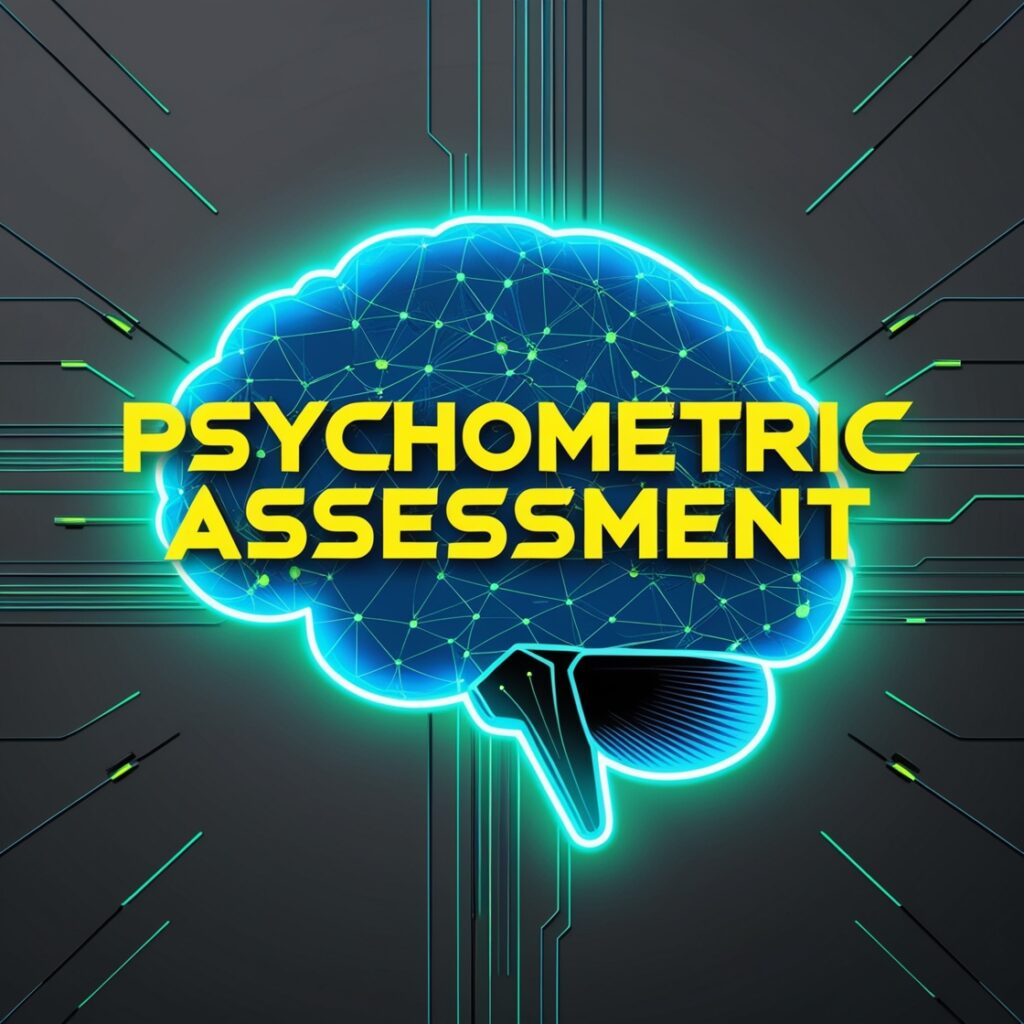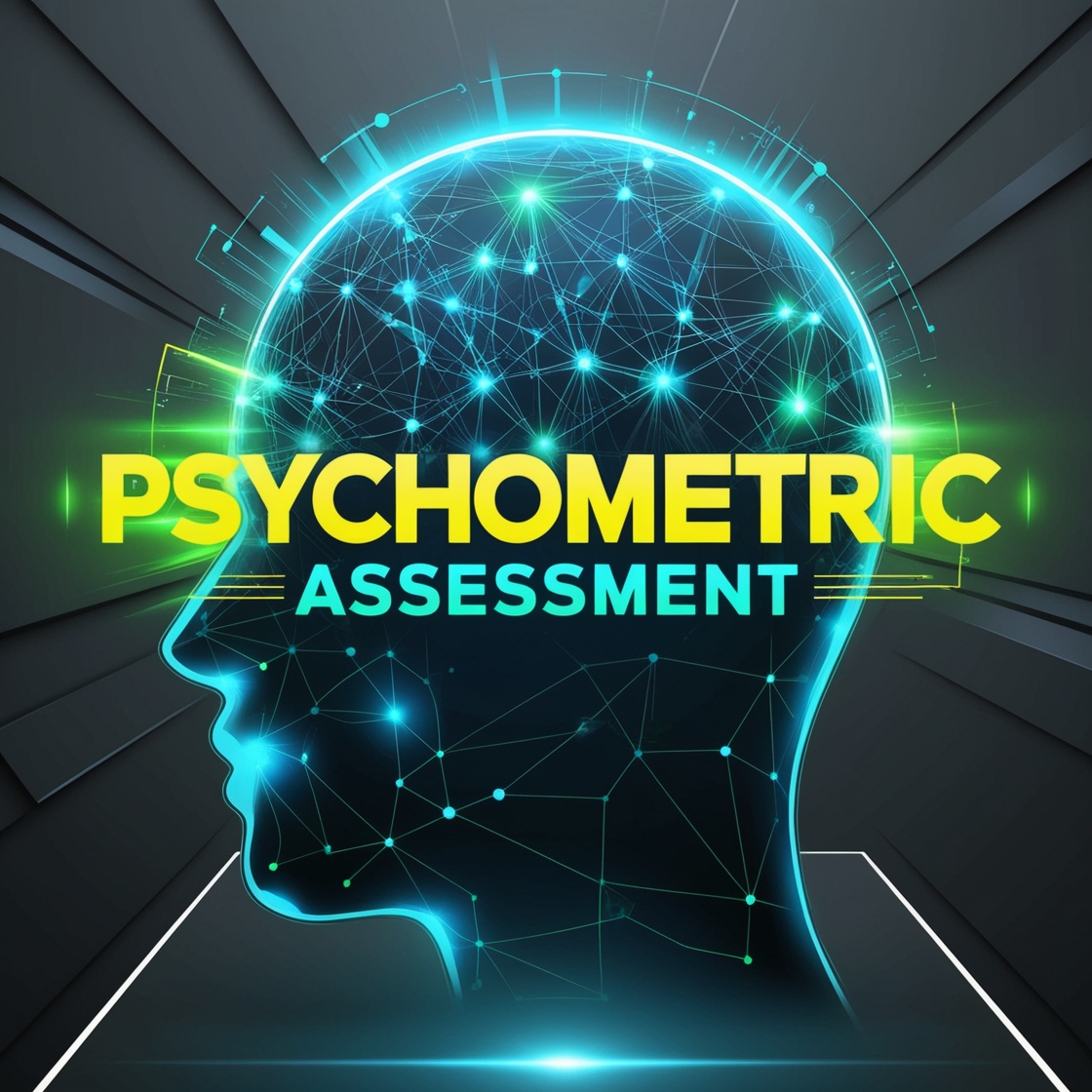In an ever-evolving world where personal and professional success depends solely upon understanding one’s strengths and weaknesses, psychometric assessments play an important role. These assessments provide deep insights into an individual’s personality, abilities, and interests, helping students, career oriented individuals, parents, and teachers make informed decisions about education and career paths. Let’s deep dive into what psychometric assessments are, what is their importance, how does it work, and the different ways of using them.
Psychometric assessments are standard tools used to measure an individual cognitive abilities, personality traits, and aptitude. These assessments provide valuable insights about an individual’s strengths, weaknesses, and potential he or she has. While often used in a professional environment, their applications extend to education and personal development as
How Do Psychometric Assessments Work?
Psychometric assessments typically involve a series of questions or tasks designed to evaluate specific mental abilities or personality. These questions can be multiple-choice, true or false, or open-ended. It will not have any right or wrong answers. The responses are then scored and analyzed using statistical methods to generate a comprehensive profile of the individual.

The Importance of Psychometric Assessments
Psychometric assessments offer several advantages:
- They provide a standardised and unbiased way to evaluate individuals, reducing the influence of personal biases.
- A prediction of performance in various areas, such as academic achievement, job success, or leadership potential.
- They help individuals understand their strengths, weaknesses, and preferences, leading to personal growth and development.
- They provide valuable information for making informed decisions about career paths, educational programs, and personal development plans.
Uses of Psychometric Assessments
- 1. Educational Guidance: Helping students identify their aptitudes and interests, these assessments guide them towards suitable academic paths and enlightens them with various career options.
- 2. Career Counselling: For professionals, psychometric tests can highlight strengths and suggest career changes or advancements which is aligned with their abilities and interests.
- 3. Recruitment and Selection: Employers use these assessments to identify candidates whose skills and personality traits match the job requirements, enhancing the recruitment process for a right candidate
- 4. Personal Development: Individuals can use the insights gained from these assessments for self-improvement, goal setting, and achieving personal milestones..
How Psychometric Assessments Help Students, Parents, and Teachers
Students:
- Identify strengths and weaknesses to focus on areas for improvement.
- Explore different career paths based on aptitude and interests.
- Develop effective study strategies and time management skills.
Parents:
- Gain insights about their child’s learning style, capabilities, and personality.
- Make informed decisions about educational choices and extracurricular activities.
- Support their child’s academic and personal development.
Teachers:
- Cater to diverse learning needs.
- Identify students who may require additional support or challenges.
- Provide guidance on career paths and higher education options.
Psychometric assessments are powerful tools that have been able to provide valuable information for individuals of all ages. By understanding their strengths, weaknesses, and potential, individuals can make informed decisions, set realistic goals, and achieve their full potential. Psychometric assessments are invaluable tools in the realms of education, career planning, and personal development. By providing objective, reliable insights into an individual’s cognitive and emotional profile, these assessments empower students, parents, and teachers to make informed decisions that foster growth and success. As we navigate an increasingly complex world, the clarity and guidance offered by psychometric assessments will continue to play a crucial role in unlocking human potential.

